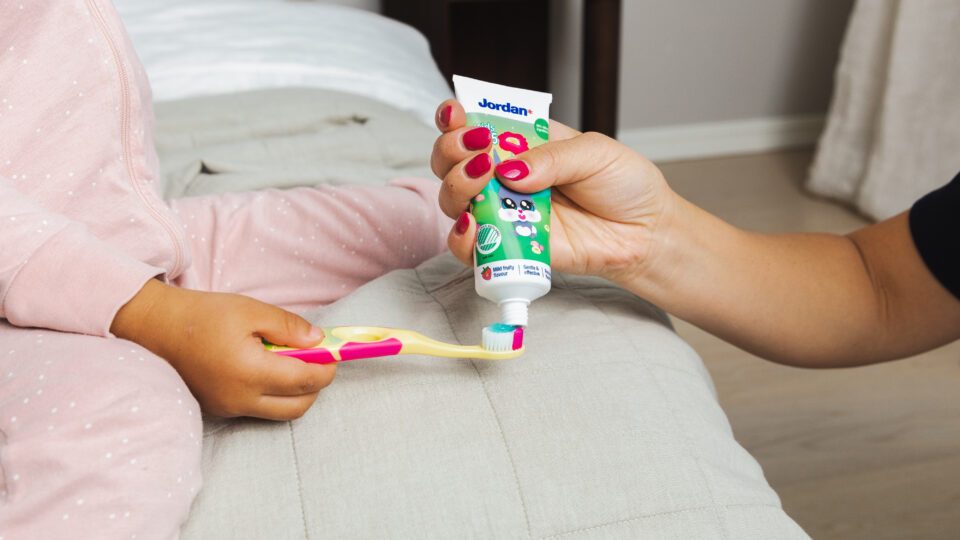Dry mouth: Why you get it and what to do about it
Have you ever experienced the uncomfortable sensation of dry mouth? Usually, our saliva ensures that we have a healthy environment in the mouth, but it is completely natural to be dry in the mouth at times. It is only with prolonged dry mouth that the symptom can start to be serious and lead to poor dental health.

Dry mouth can stem from a lack of saliva. Our saliva plays a significant role in our health, helping to protect mucous membranes and teeth from damage and bacterial attacks. Saliva also removes food debris and can counteract tooth decay, in addition to lubricating the mouth so that it is easier to chew, swallow and talk.
It is said that 1 in 5 people struggle with prolonged dry mouth. This means that as much as 20 percent of the population is bothered by dry mouth. Although no one is exempt from getting the condition, it is most commonly found in older people due to their high intake of medications.
CAUSES
Periodic dryness can occur if you are stressed or nervous. It can also occur first thing in the morning simply from sleeping with your mouth open. These types of dry mouth are not uncommon and do not warrant special attention. If you feel discomfort all day, however, it could be more serious and should be checked out.
Severe dry mouth can be caused by an insufficient amount of saliva being produced, or that the composition of your saliva is not as it should be. Taking certain medications can have these effects on your saliva. As many as 500 drugs list this as a possible side effect.
SYMPTOMS
- Bad breath
- Red tongue and poorer taste buds
- Dry and sore oral cavity
- Difficulties swallowing
- Acid damage to the teeth
- Tooth decay
- Cracked lips and corners of the mouth
WHAT CAN YOU DO IF YOU HAVE DRY MOUTH?
In many cases, you can improve your symptoms with simple, at home methods, while some cases may call for a trip to the dentist. Here are some good tips for preventing and curing dry mouth:
- Brush teeth morning and night with a soft toothbrush and fluoride toothpaste that relief symptoms of dry mouth
- Use dental floss for good cleaning between the teeth
- Drink plenty of water, at least two liters every day
- Reduce your intake of coffee, tea and alcohol
- Stimulate saliva production with sugar-free chewing gum
- Relieve unpleasant symptoms with lozenges. It is recommended to use products with fluoride to prevent cavities in the teeth
- Talk to your doctor about the medicines you are taking
- Lip balm can prevent cracks and sores on the lips
Being dry in the mouth can be very uncomfortable. If you think your symptoms might be serious, we recommend that you contact your dentist for guidance on optimal oral care.
You might want to read


Yellowing teeth: Myths and causes
Teeth discolouration is something we all have to deal with at some point in our life. There are several reasons that cause the yellowing of…
Read more
How much toothpaste should kids use?
Jordan's step toothbrushes come with a toothpaste guide, but how much toothpaste should children use at what age? Here's a guide for every stage of…
Read more